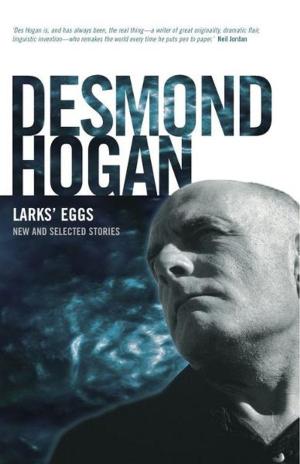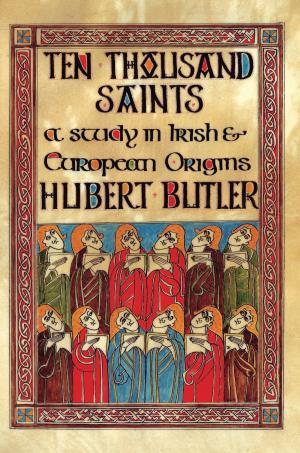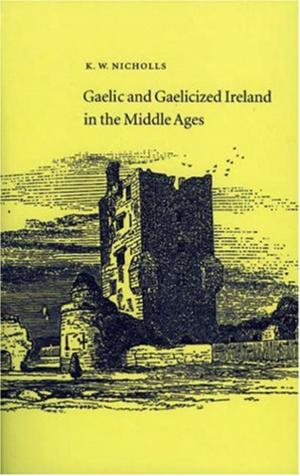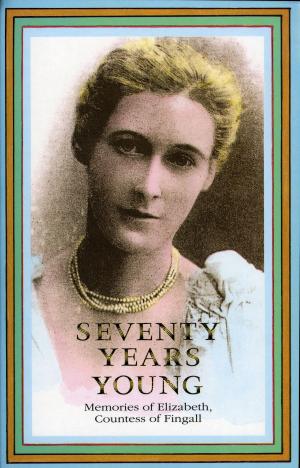'Solitary and Wild'
Frederick MacNeice and the Salvation of Ireland
Nonfiction, History, Ireland, British, Biography & Memoir, Literary| Author: | David Fitzpatrick | ISBN: | 9781843513148 |
| Publisher: | The Lilliput Press | Publication: | May 1, 2012 |
| Imprint: | The Lilliput Press | Language: | English |
| Author: | David Fitzpatrick |
| ISBN: | 9781843513148 |
| Publisher: | The Lilliput Press |
| Publication: | May 1, 2012 |
| Imprint: | The Lilliput Press |
| Language: | English |
For lovers of the often dark and troubled poetry of Louis MacNeice, his father is a reassuring presence: solid, sober, pious yet tolerant, a Church of Ireland clergyman who was not afraid to reject the Ulster Covenant of 1912, denounce sectarianism, and even espouse Irish nationalism. This book originated in the discovery of one inconvenient fact. Frederick MacNeice (1866-1942) was not a Home Ruler but an all-Ireland Unionist, who for many years was an enthusiastic Orangeman in Dublin and then Ulster. In later life, especially as Bishop of Down after 1934, he set aside these connections in order to pursue intercommunal peace and tolerance in Belfast and beyond. Louis colluded with his father in reinterpreting his earlier career, as part of a process of personal reconciliation which profoundly affected his later poetry and autobiographical writings. The relationship between father and son is discussed in two chapters, and several well-known poems are reinterpreted in the light of fresh evidence. Above all, this is the biography of a visionary who never despaired of spreading salvation through the often derided Church of Ireland. Using unfamiliar archives and local newspapes as well as the writings of both father and son, this book reconstructs the disparate worlds in which Frederick MacNeice lived and worked. It also explores his muted responses to the suffering of his parents and siblings, the early death of his deeply depressed first wife, the benefits resulting from his second marriage and its consequences for his children. The figure that emerges is complex, guarded, astute, and remarkably effective in using religion to spread enlightenment. His life demonstrates that salvation deserves to be taken seriously as a motive force in modern Irish history.
For lovers of the often dark and troubled poetry of Louis MacNeice, his father is a reassuring presence: solid, sober, pious yet tolerant, a Church of Ireland clergyman who was not afraid to reject the Ulster Covenant of 1912, denounce sectarianism, and even espouse Irish nationalism. This book originated in the discovery of one inconvenient fact. Frederick MacNeice (1866-1942) was not a Home Ruler but an all-Ireland Unionist, who for many years was an enthusiastic Orangeman in Dublin and then Ulster. In later life, especially as Bishop of Down after 1934, he set aside these connections in order to pursue intercommunal peace and tolerance in Belfast and beyond. Louis colluded with his father in reinterpreting his earlier career, as part of a process of personal reconciliation which profoundly affected his later poetry and autobiographical writings. The relationship between father and son is discussed in two chapters, and several well-known poems are reinterpreted in the light of fresh evidence. Above all, this is the biography of a visionary who never despaired of spreading salvation through the often derided Church of Ireland. Using unfamiliar archives and local newspapes as well as the writings of both father and son, this book reconstructs the disparate worlds in which Frederick MacNeice lived and worked. It also explores his muted responses to the suffering of his parents and siblings, the early death of his deeply depressed first wife, the benefits resulting from his second marriage and its consequences for his children. The figure that emerges is complex, guarded, astute, and remarkably effective in using religion to spread enlightenment. His life demonstrates that salvation deserves to be taken seriously as a motive force in modern Irish history.















